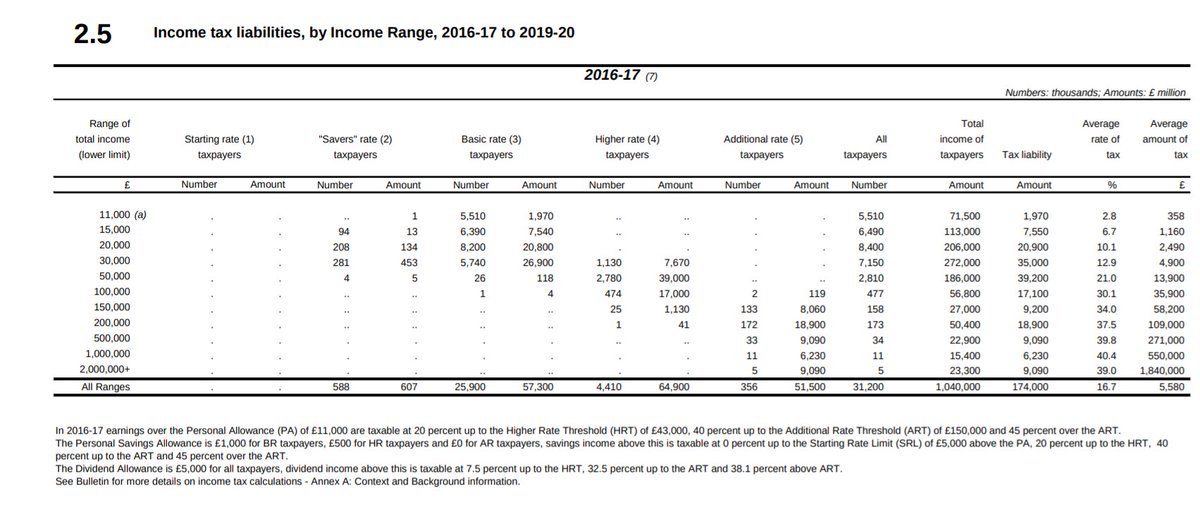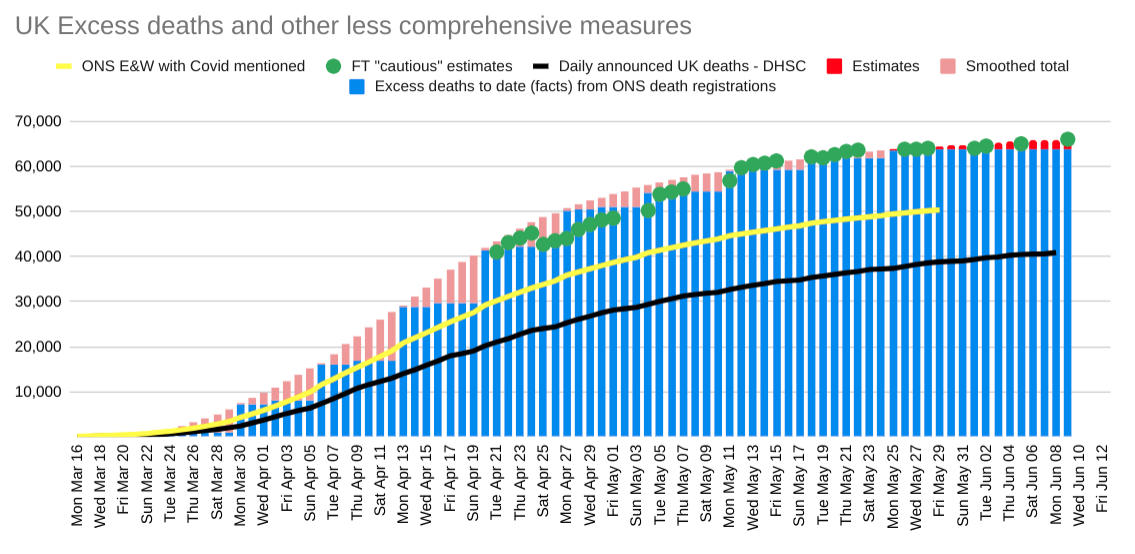- The chart and paper seeks to misinform you about the rich and taxes (they should desist)
- The authors' underlying concern about elements of the UK tax system is legitimate
FT write up:
ft.com/content/09f373…
Paper:
warwick.ac.uk/fac/soc/econom…
2/
assets.publishing.service.gov.uk/government/upl…
5/

If you sell BP shares and buy Unilever, realising a taxable capital gain, is that the same as annual earnings?
If you sell a business after 40 years, is it still?
8/
- should it be measured/taxed on turnover or when it accrues, for example?
9/













